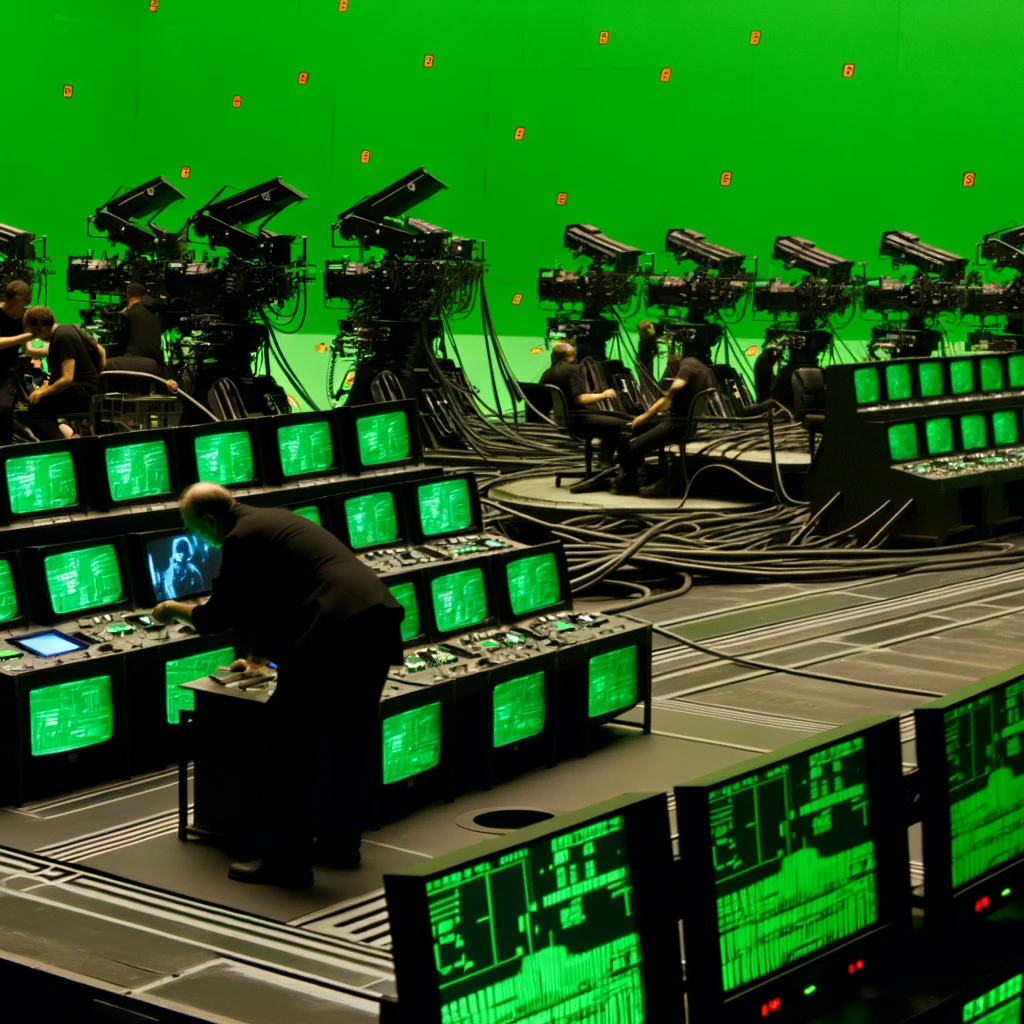Related Articles











When Braveheart hit the screens in 1995, it was more than just a cinematic success; it was a cultural phenomenon that resonated deeply with audiences worldwide. Directed by Mel Gibson, who also starred as the legendary Scottish warrior William Wallace, the film quickly became iconic, earning accolades and fostering a renewed interest in Scottish history and heritage.
The story of Braveheart is set in the late 13th century, a tumultuous period in Scotland's history. The film depicts the life of William Wallace, a Scottish knight who led his countrymen in the First War of Scottish Independence against King Edward I of England. While the film takes creative liberties with historical facts, its portrayal of the struggle for freedom and justice struck a chord with audiences.
William Wallace's character in Braveheart embodies the archetype of the hero who rises from humble beginnings to challenge oppression. His passionate speeches and courageous actions, though dramatized for cinematic effect, reflect universal themes of bravery and sacrifice. This portrayal contributed significantly to the film's emotional impact and its ability to connect with viewers on a personal level.
Beyond the narrative, Braveheart's success can be attributed to its cinematic elements. The film's sweeping landscapes, filmed in the rugged terrain of Scotland and Ireland, provide a breathtaking backdrop that enhances the epic nature of the story. James Horner's stirring musical score further elevates the emotional depth of the film, making key scenes unforgettable.
Mel Gibson's direction brings a visceral intensity to the battle scenes, which are both graphic and meticulously choreographed. These sequences, while controversial for their violence, are integral to the film's portrayal of the brutality of war and the resilience of the human spirit.
Braveheart not only won five Academy Awards, including Best Picture and Best Director, but it also left a lasting cultural impact. It sparked a surge of interest in Scottish culture and history, leading to increased tourism and a renewed sense of national pride among Scots.
Despite its acclaim, Braveheart faced criticism for historical inaccuracies and its portrayal of certain characters and events. Historians have pointed out discrepancies, such as the timeline of events and the depiction of key figures. Nonetheless, the film's artistic license is often defended as a necessary tool for storytelling.
Braveheart remains a testament to the power of film to inspire and engage audiences. Its blend of historical drama, compelling characters, and cinematic grandeur continues to capture the hearts of viewers, ensuring its place as a beloved classic. Whether admired for its storytelling or critiqued for its historical liberties, Braveheart endures as a powerful narrative of freedom and resilience.